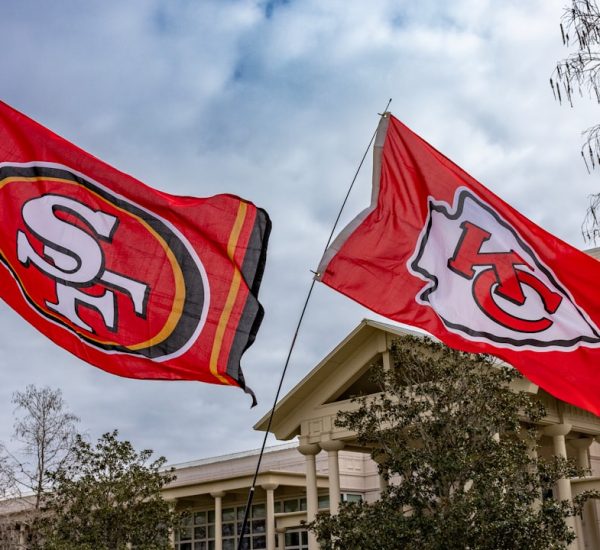Sports betting has seen a dramatic transformation in the United States over the past few years. Following the landmark 2018 Supreme Court decision in Murphy v. NCAA, which struck down the federal ban on sports betting, each U.S. state was granted the authority to legalize and regulate sports betting within its borders. Since then, the sports betting landscape has evolved into a dynamic patchwork of regulations that varies significantly from state to state.
Understanding how sports betting is regulated in the U.S. requires a look at how individual states have chosen to implement—or ban—this burgeoning industry. While some states have embraced sports wagering with open arms, others remain cautious or outright resistant to legalization.
The Legal Framework
Before 2018, the Professional and Amateur Sports Protection Act (PASPA) effectively prohibited sports betting in most states, with a few exceptions like Nevada. Now, with PASPA overturned, the decision lies with state legislatures. Here’s how different states approach the regulation of sports betting:
- Fully Legal and Operational: States like New Jersey, Pennsylvania, and Colorado have fully operational sports betting markets. These include physical sportsbooks at casinos and racetracks as well as online platforms accessible via mobile apps.
- Legal but Not Yet Active: Some states have passed laws to legalize sports betting but have yet to launch their programs due to regulatory, technical, or political delays. Examples include Ohio and Maryland (as of early 2023).
- Limited Legalization: In places like Montana and New Hampshire, sports betting is legal but limited to state-run platforms or specific types of wagering, such as through lottery systems.
- Illegal or No Active Legislation: States such as Utah and Alaska have either explicitly banned sports betting or have not yet introduced substantial legislation to regulate it.

State-by-State Variety
Every state that legalizes sports betting is responsible for setting up its own framework for operation. This includes decisions about:
- Allowed Betting Types: Some states restrict betting on college sports or in-state teams to protect athletes and maintain amateur competition integrity.
- Licensing and Regulation: Regulatory bodies like the New Jersey Division of Gaming Enforcement or the Illinois Gaming Board oversee sportsbook operators and ensure compliance with local laws.
- Online vs. Physical Betting: States vary on whether sports betting is permitted online, on mobile apps, or only in-person at licensed locations.
For instance, New York initially allowed only physical sportsbooks before eventually legalizing online betting in 2022. In contrast, states like Tennessee legalized sports betting solely through online platforms, with no physical venues at all.
Taxation and Revenue
One of the key reasons states consider legalizing sports wagering is the potential to generate new revenue streams. Tax rates on sports betting vary widely:
- Pennsylvania has one of the highest tax rates at 36% on sportsbooks’ gross revenues.
- Iowa takes a more moderate approach with a tax rate of around 6.75%.
- Tennessee charges a 20% tax but does not require physical locations to operate, reducing infrastructure costs.

The revenue generated is often allocated towards state education systems, infrastructure projects, or addiction treatment programs. In markets like New Jersey and Nevada, this has become a significant source of public funding.
What Lies Ahead
As sports betting continues to grow in popularity, more states are likely to jump on board. Technological advancements, increased public support, and the competitive success of neighboring states often push lawmakers to act. However, controversy remains over issues such as problem gambling, underage access, and the ethical implications of widespread betting.
Currently, over 30 states and Washington D.C. have legalized sports betting in some form, and more are actively exploring legislation. Despite the complex and decentralized framework, one thing is clear: sports betting is now a permanent fixture in the U.S. entertainment and gaming industry.
Conclusion: Sports betting regulation in the United States is as varied as the country itself. From sweeping online marketplaces in New Jersey to more restricted betting environments in Montana, each state’s approach is molded by its unique political climate, public opinion, and economic strategy. As the industry matures, ongoing legislative adjustments will shape the future of how Americans engage with sports on a betting level.



